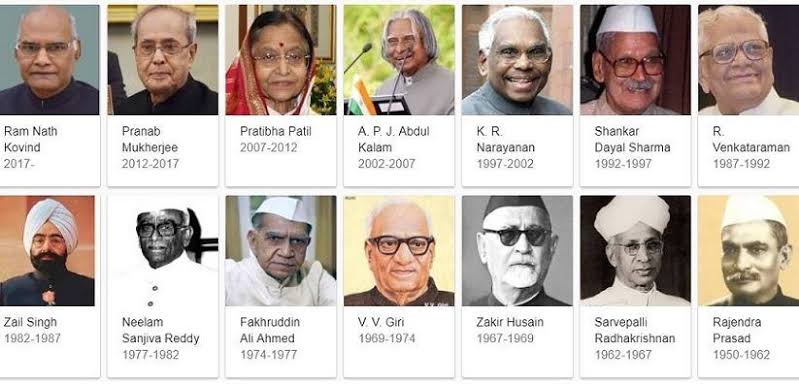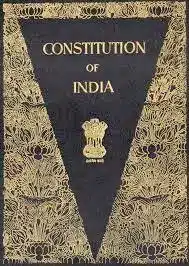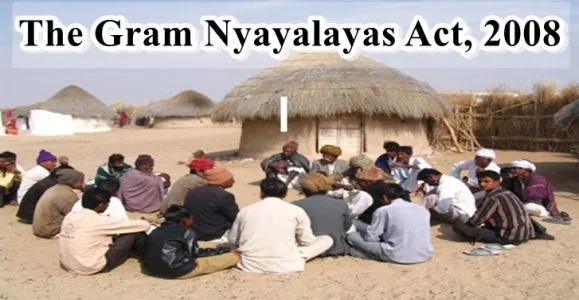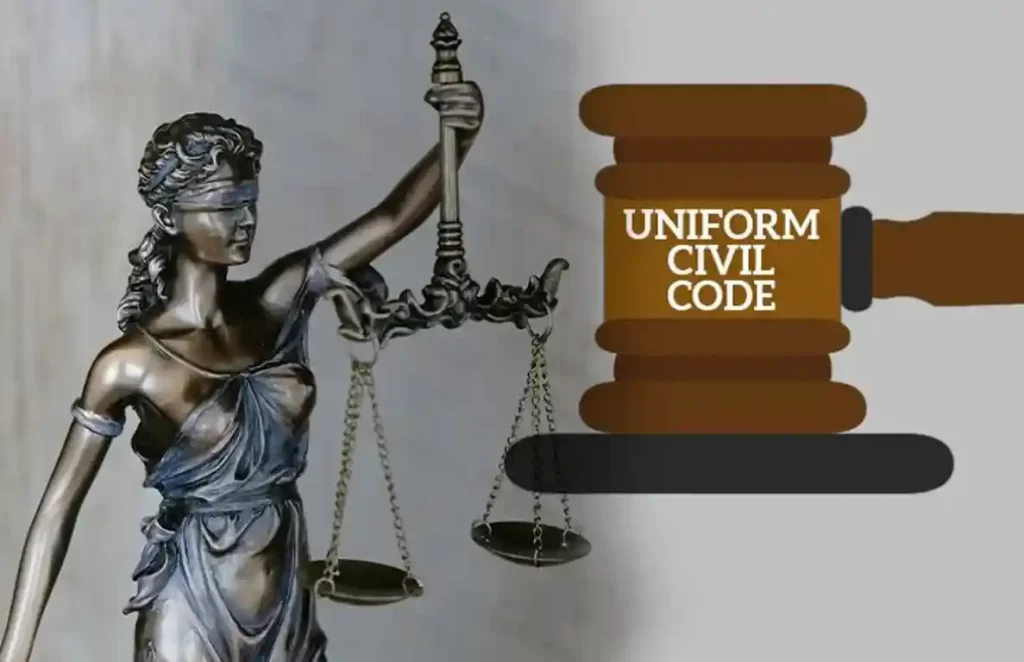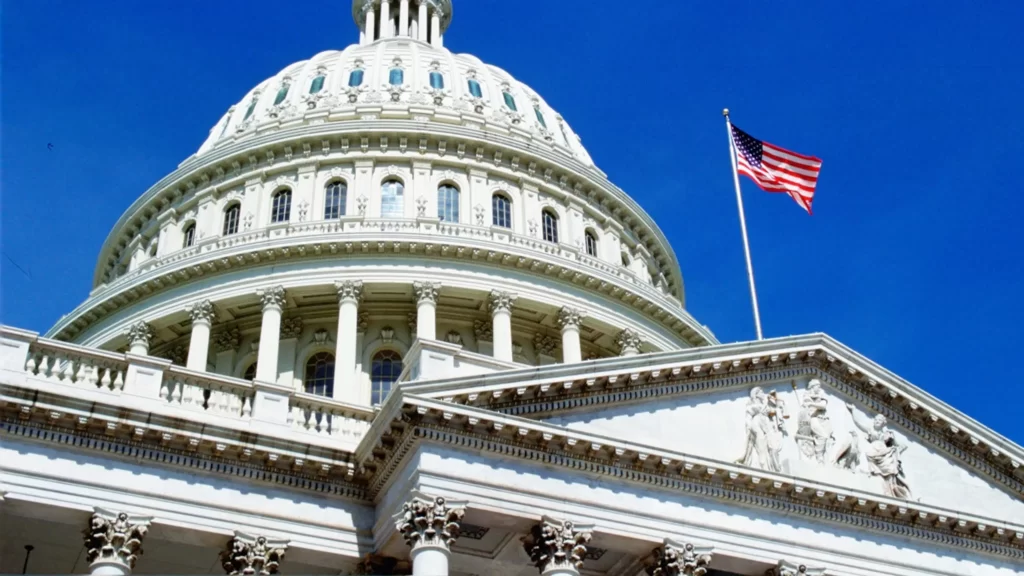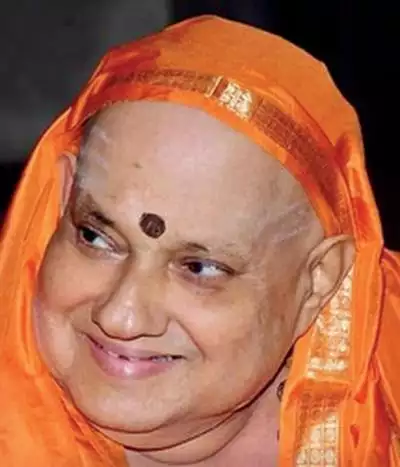Why President Is An Integral Part Of Parliament?
Under the Indian constitution, the parliament of India consists of three parts viz, the President, the Council of states (Rajya sabha) and the House of the people (Lok sabha).
Though the president of India is not a member of either House of Parliament and does not sit in the Parliament to attend its meetings, still he is an integral part of Parliament.
This is because of the following :
- A bill passed by both the houses of Parliament cannot become law without the president’s assent.
- He performs certain functions relating to the proceedings of the Parliament, for example,
- he summons and pro rogues both the Houses and dissolves the Lok Sabha,
- address the parliament at the commencement of the first session after each general election and the first session of each year,
- issues ordinances when Parliament are not in session, and so on.
Also, the parliamentary form of government emphasizes on the interdependence between the legislative and executive organs. Hence we have the ‘President-in-Parliament’ like the ‘Crown-in-Parliament’ in Britain.
The presidential form of government, on the other hand, lays stress on the separation of legislative and executive organs. Hence, the American president is not regarded as a constituent part of Congress.
About the President of India
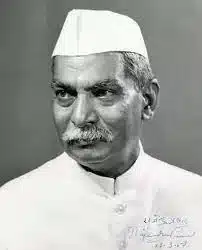
The Indian President is the head of the state. He is the first citizen of India and is a symbol of solidarity, unity, and integrity of the nation. He is a part of the Union Executive along with the Vice-President, Prime Minister, Council of Ministers, and Attorney-General of India.
powers and functions of the President of India
Executive Powers
- For every executive action that the Indian government takes, is to be taken in his name
- He may/may not make rules to simplify the transaction of business of the central government
- He appoints the attorney general of India and determines his remuneration
- He appoints the following people:
- Comptroller and Auditor General of India (CAG)
- Chief Election Commissioner and other Election Commissioners
- Chairman and members of the Union Public Service Commission
- State Governors
- Finance Commission of India chairman and members
- He seeks administrative information from the Union government
- He requires PM to submit, for consideration of the council of ministers, any matter on which a decision has been taken by a minister but, which has not been considered by the council
- He appoints National Commissions of:
- Scheduled Castes
- Scheduled Tribes
- Other Backward Classes
- He appoints inter-state council
- He appoints administrators of union territories
- He can declare any area as a scheduled area and has powers with respect to the administration of scheduled areas and tribal areas
Legislative Powers
- He summons or prorogues Parliament and dissolve the Lok Sabha
- He summons a joint sitting of Lok Sabha and Rajya Sabha in case of deadlock
- He addresses the Indian Parliament at the commencement of the first session after every general election
- He appoints speaker, deputy speaker of Lok Sabha, and chairman/deputy chairman of Rajya Sabha when the seats fall vacant
- He nominates 12 members of the Rajya Sabha
- He can nominate two members to the Lok Sabha from the Anglo-Indian Community
- He consults the Election Commission of India on questions of disqualifications of MPs.
- He recommends/ permits the introduction of certain types of bills
- He promulgates ordinances
- He lays the following reports before the Parliament:
- Comptroller and Auditor General
- Union Public Service Commission
- Finance Commission, etc.
Financial Powers
- To introduce the money bill, his prior recommendation is a must
- He causes Union Budget to be laid before the Parliament
- To make a demand for grants, his recommendation is a pre-requisite
- Contingency Fund of India is under his control
- He constitutes the Finance Commission every five years
Judicial Powers
- Appointment of Chief Justice and Supreme Court/High Court Judges are on him
- He takes advice from the Supreme Court, however, the advice is not binding on him
- He has pardoning power: Under article 72, he has been conferred with power to grant pardon against punishment for an offence against union law, punishment by a martial court, or death sentence.
Note: Pardoning powers of the president includes the following types:
- Pardon with the grant of pardon convicts both conviction and sentence completely absolved
- Commutation with this nature of the punishment of the convict can be changed
- Remission reduces the term of the imprisonment
- Respite awards lesser punishment than original punishment by looking at the special condition of a convict
- Reprieve stays the execution of the awarded sentence for a temporary period
Diplomatic Powers
- International Treaties and agreements that are approved by the Parliament are negotiated and concluded in his name
- He is the representative of India in international forums and affairs
Military Powers
He is the commander of the defence forces of India. He appoints:
- Chief of the Army
- Chief of the Navy
- Chief of the Air Force
Emergency Powers
He deals with three types of emergencies given in the Indian Constitution:
- National Emergency (Article 352)
- President’s Rule (Article 356 & 365)
- Financial Emergency (Article 360)
What is the Ordinance Making Power of the President?
Article 123 deals with the ordinance making power of the President. The President has many legislative powers and this power is one of them. He promulgates an ordinance on the recommendation of the union cabinet.
What is the Veto Power of the President?
When a bill is introduced in the Parliament, Parliament can pass the bill and before the bill becomes an act, it has to be presented to the Indian President for his approval. It is on the President of India to either reject the bill, return the bill or withhold his assent to the bill. The choice of the President over the bill is called his veto power. The Veto Power of the President of India is guided by Article 111 of the Indian Constitution.
Also, refer :
- Top 50 Science MCQs For Competitive Exams
- Know About The Different Financial Sector Regulators In India
- Leader of the Opposition in India.

